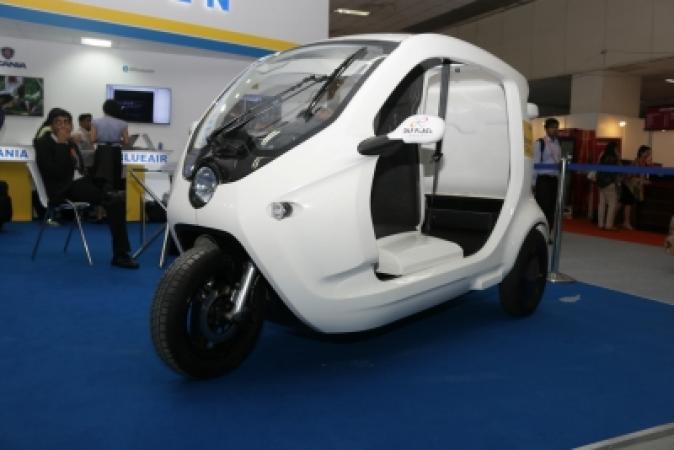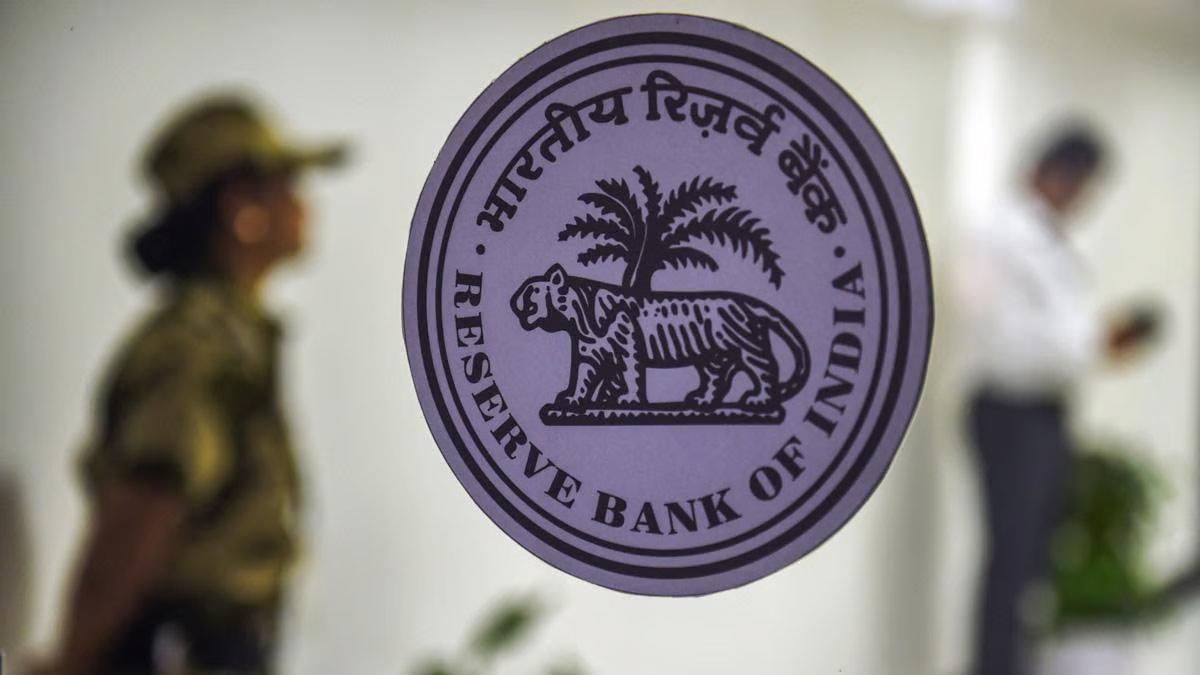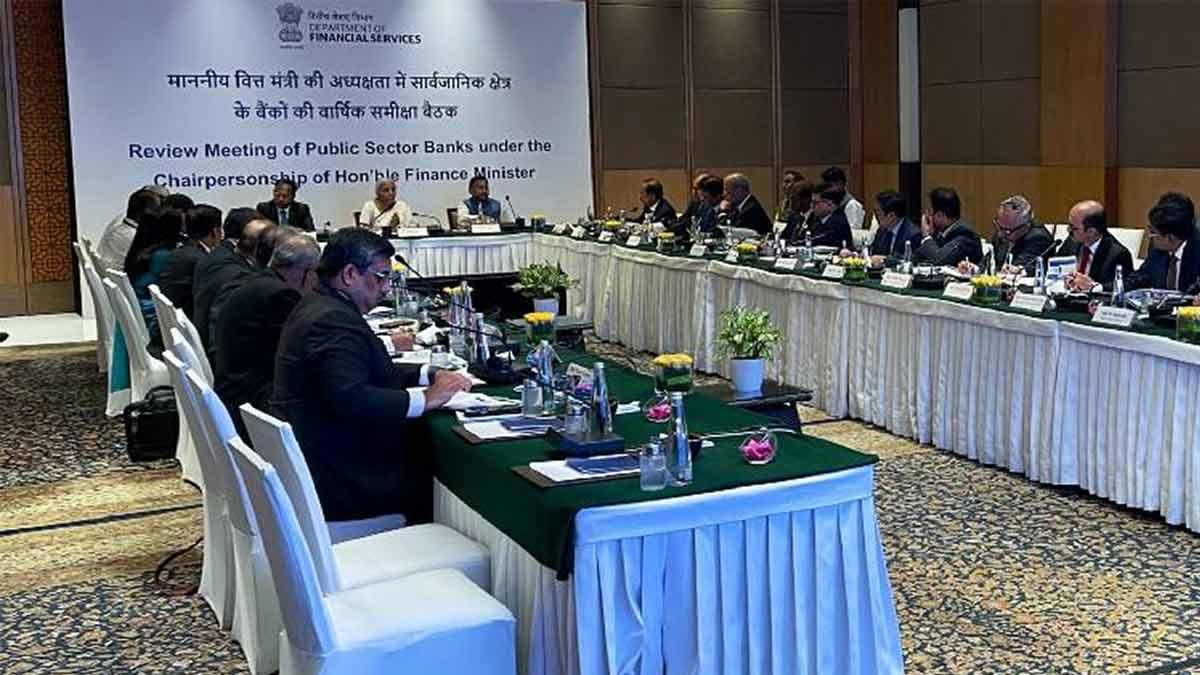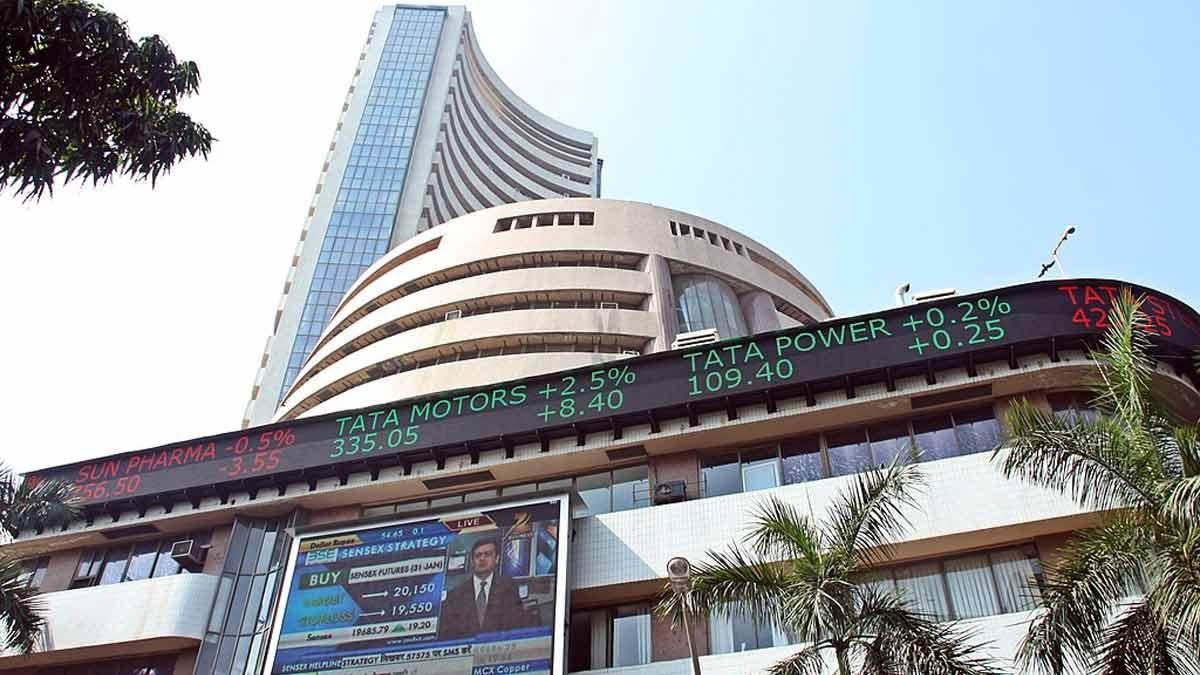India is at the cusp of an e-mobility revolution that would potentially reduce oil imports, address air pollution levels and also help the country meet its climate commitments by reducing the energy intensity of the GDP, Grant Thornton Bharat-Ficci said in a report.
The report cited factors such as increasing government support, decreasing cost of technology, growing interest of the country in EVs, distressing pollution levels, would accelerate India's transition to EVs.
The Centre is planning to massively increase the share of EVs by 2030, with two-wheeler penetration for the segment being targeted to reach 35 per cent, three-wheeler to 65-75 per cent, four-wheeler to 30 per cent, and buses to 40 per cent.
Also Read | Higher pvt spending required to spur growth in 2020s: Report
Besides, the report revealed that the economic viability of EVs remains intact from a consumer standpoint.
"To further complement this and address the rising oil prices, the government has decided to increase taxes on petroleum products to shore up finances," the report said.
According to the report, the EV industry is anticipated to be a strong factor in the revival of the economy.
Also Read | ONGC logs multi-fold rise in Q1 net profit at Rs 4,335 cr
"By 2024, the Indian government aims to register 0.5 million new vehicles and plans to provide financial incentives on top of the central government's existing income tax rebates for the purchase of EVs," it said.


















